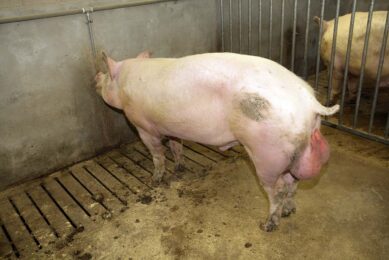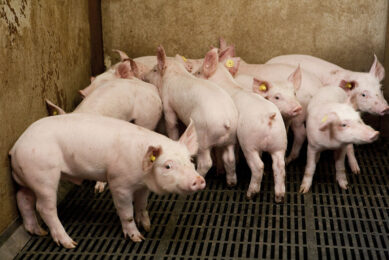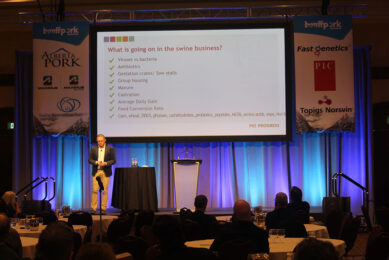The time has come to stop castrating piglets
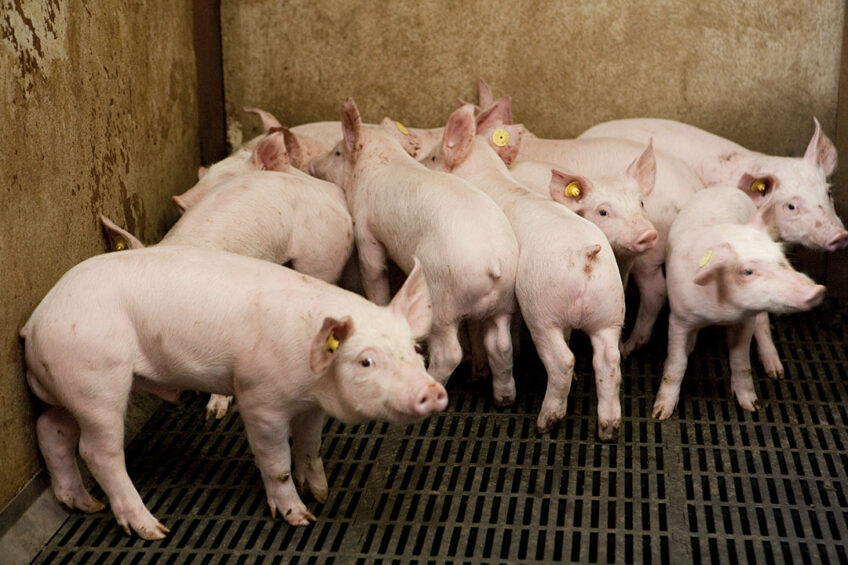
Piglet castration is no producer’s favourite job. And the practice does not improve to the pig industry’s image either. At a recent pig veterinary symposium, Pig Progress editor Vincent ter Beek heard a pork processor call for creating a more positive image of the swine industry. Could this be the beginning of the end of castration?
One of the most intriguing moments of this year’s edition of the European Symposium for Porcine Health Management (ESPHM) in Budapest, Hungary, took place around the keynote session of Dr Jörg Altemeier of the German pork processor Tönnies. Dr Altemeier is the company’s head of the animal welfare and animal health unit.
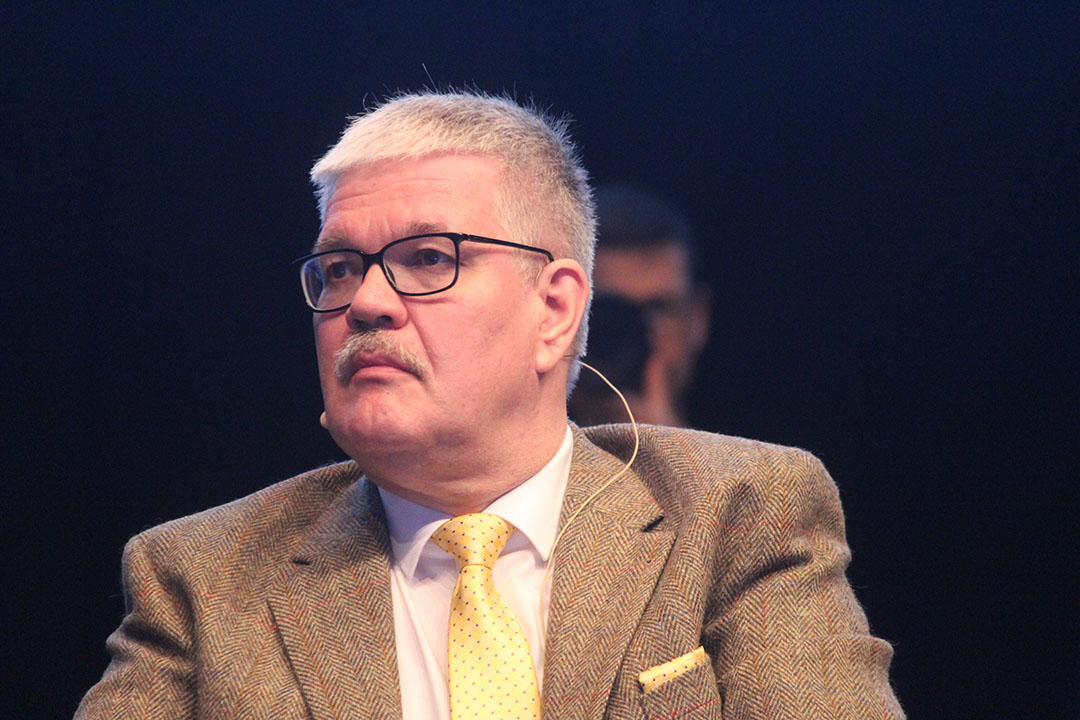
Animal welfare
He had just given a presentation in which he spoke about “significant aspects of marketing pigs and pork in the near and far future.” One of those included the effects of media and consumer reactions to effects of reports about animal welfare violations. In the proceedings he literally wrote:
“In several member states of the EU we see reports about animal welfare violations. Either on farm but also on transport and slaughter level. Most of the time those reports, covering relevant pictures or video sequences, are published by investigative journalists or animal rights associations. Those reports do not criticise just the involved farms, haulage companies and slaughterhouses, but also the local authorities and the meat consumption in general.”
Asked in the Q&A session what Dr Altemeier thought of unwanted pictures of pig “abuse” appearing in the media and on the web, he answered, “We need to make sure that these images do not get to the media. We need to make sure that the image of the pig industry improves.”
Sessions about piglet castration
His presentation was followed by sessions about castration. More specifically: about how to apply anaesthesia prior to piglet castration. After all, both in Germany (2021) as well as in France (2022), castration is no longer allowed without the use of anaesthetics. Several very knowledgeable researchers were explaining their trials as to which method of anaesthetics use would be best for their respective countries.
Lidocaine, a form of local anaesthesia, was discussed. It included how injections would be placed in the testicles. Isoflurane was also discussed. This is a form of total anaesthesia. Various different devices have been tested, and how the narcotic depth was.
There was an unpleasant contradiction between the message of Dr Altemeier and the subsequent anaesthetics trials
Assessing pain in pigs
I heard researchers speak about how to assess pain in pigs, by e.g. measuring vocalisations as well as what were called “defensive movements,” i.e. leg kicks with 1 or more legs, so how an animal would respond to the castration while being under anaesthetics.
Applauding the research for pig welfare
Before I proceed – I genuinely take my hat off for all the researchers involved in this type of research, which I am convinced is done with care, patience and perseverance. And I applaud the efforts that are put in to figure out which ways are available to increase animal welfare.
Yet, there was an unpleasant contradiction between the message of Dr Altemeier and the subsequent anaesthetics trials. On one hand there was the strong call that the image of the swine industry should get better, and on the other the industry went on discussing methods which would make castration as pain-free as possible.
The problem is that pigs get castrated
The contradiction is this: even if the industry would provide a silk pillow for each castrated piglet – it still does not help to improve the image of the swine industry. Not the pain is the problem, but the fact that the pigs get castrated.
After all, in order to create trust with the general public, the swine industry would want to be in the driver’s seat to share footage and pictures of what is going on in their farms. Sharing it proudly and transparently. Only castration does not go well with transparency, for obvious reasons.
Which is why I believe the future of the swine industry – at least in first world countries – will eventually have to be one without surgical castration. To guarantee its licence to produce.
The time has come to step over obstacles
For a long time, I have understood that making the step to move away from castration altogether would be a complex issue to solve. On the other hand, it is nobody’s favourite job either. Now, even processors call for an improvement of the image of the swine industry, I think the time has come to come together, to step over whatever obstacles are perceived and say: let’s abolish surgical castration once and for all, do it now, and commit to finding a way.
For too long, producers have pointed to processors saying: it was them who do not want to buy our pigs if we do not castrate.
For too long, processors have pointed to retailers saying: it was them who do not want to buy our pork products if we process entires.
For too long, retailers have pointed to customers saying: it was them who do not want to buy our meat products if we make them from boars.
And – crazy enough – most consumers do not know about boar taint or that piglets need to be castrated for it.
How can we stop castrating piglets?
This ESPHM showed to me that it is time to stop the “waiting for each other.” The attitude should shift from “How could we possibly stop in the longer term?” to “We stop. Now let’s see how we can manage together.” Go ask producers in the United Kingdom, Ireland, Portugal, Spain, the Netherlands or South Africa or various pig groups in France how they do it. If they can, so can others.
Stopping with castrating should not happen because governments tell you to do it.
It also should not happen because some pig media tell you to do it.
No, it should happen because the industry itself wants it.



